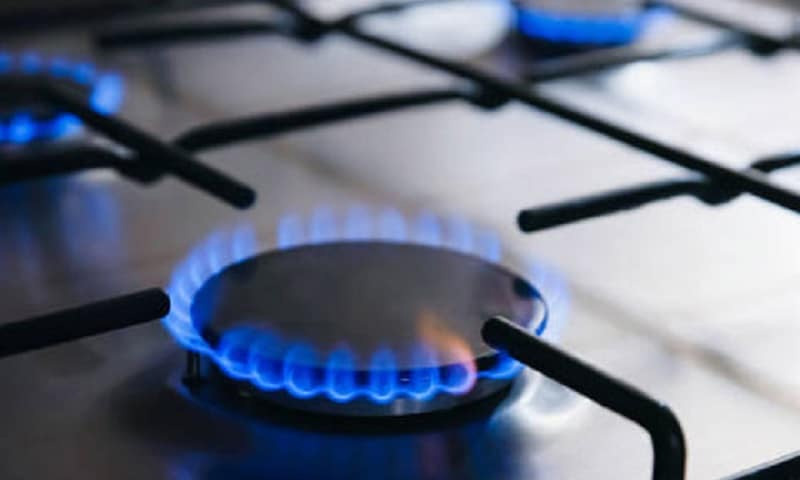- Web
- Feb 05, 2026
Gas price set to rise under IMF plan
-

- Farhan Bokhari
- May 19, 2025

Pakistan’s consumers of gas for domestic and commercial use will face a periodic rise in the cost of gas in the new financial years, which begins in July, two senior government officials have told HUM News.
The plan to increase gas tariffs comes under a commitment given by Prime Minister Shehbaz Sharif’s government to the IMF, ahead of the annual budget, which is expected to be announced in early June.
Pakistanis has often heard of a ‘circular debt’ of Rs2,300 billion approximately for the electricity sector. Nevertheless, till recently, less attention was paid to the ‘circular debt’ in gas, which is in excess of at least Rupees 2450 billion.
This debt has accumulated over time due to successive governments failing to pass on unpopular rise in cost of gas to consumers. According to one government official the cost of gas could be reviewed once every three months or even more frequently, to ensure that the tariff charged by gas companies pays for the cost of gas with leakages in the supply network and interest payments for the debt owed by gas companies. Additional costs that are expected to be recovered include funds for the eventual payment of the circular debt owed by the gas sector.
Pakistan’s gas supply network is mainly run by two government owned companies – the Sui Northern Gas pipelines limited [SNGPL] and Sui Southern Gas company [SSGC]. The rising cost of gas comes as consumers across Pakistan in recent years have complained of ‘gas load shedding’ even during the summer months.
The first major gas well in Pakistan was discovered in 1952 at Sui in Baluchistan. That field began supplying gas to consumers in 1955. For more than 30 years thereafter, gas consumers in Pakistan paid a nominal sum based on concessional charges. However, warnings of Pakistan’s domestic gas heading to dry up first made the rounds in the 1990s.
Since 2015, Pakistan has increasingly relied on imported LNG to meet the needs of its consumers. The cost of LNG is based on its cost in international markets, cost of importing consignments and the gas of re-gassification between being supplied to consumers.
The increasing cost of gas has also drawn attention from environmentalists in Pakistan, as they draw attention to the effects of climate change. Environmentalists argue that growing cost of gas will likely force members of Pakistan’s poverty-stricken households in small towns and villages, to turn towards cutting trees to be used as fuel for cooking. They argue that this will cause more deforestation in a country with falling cover of forests.




